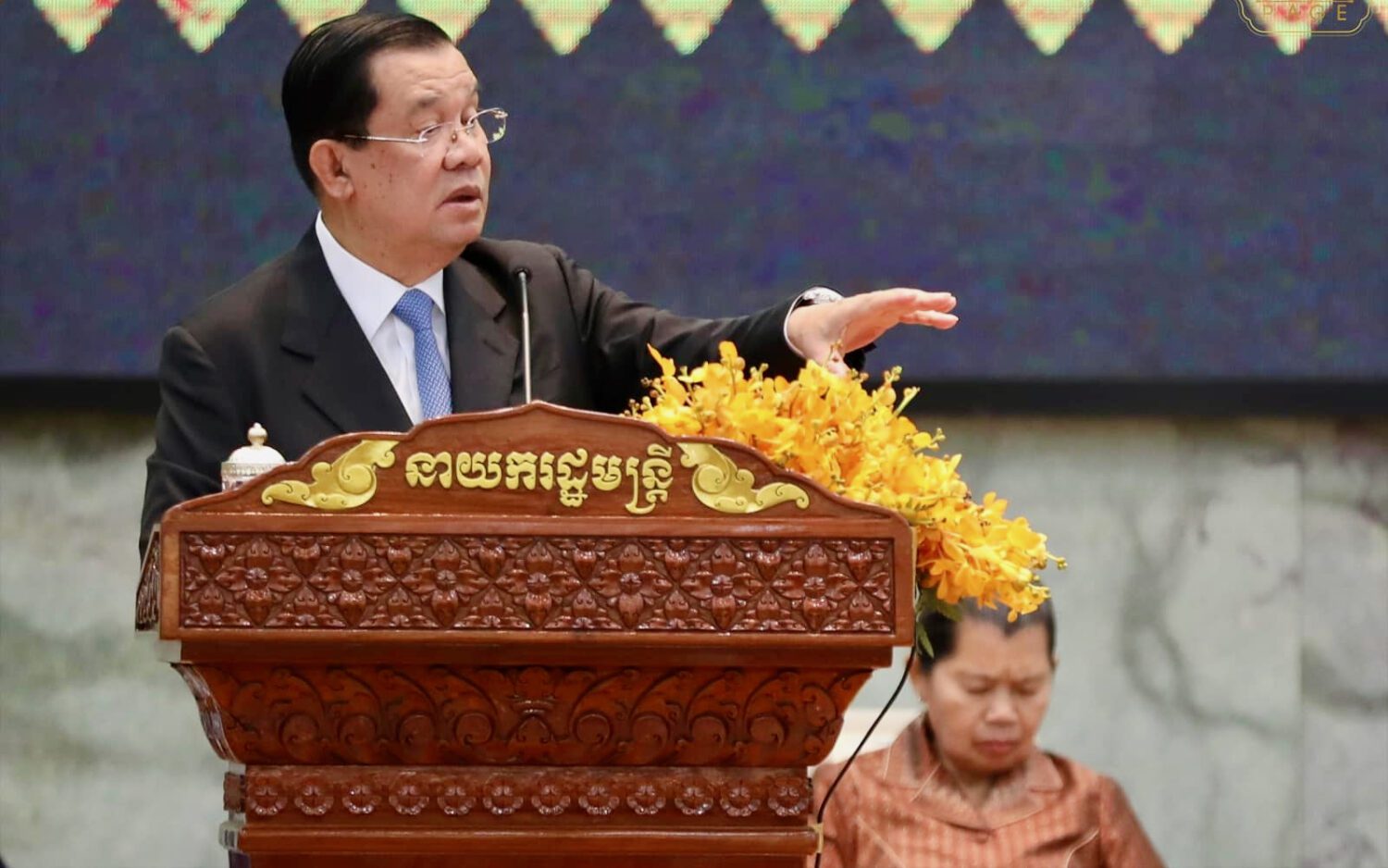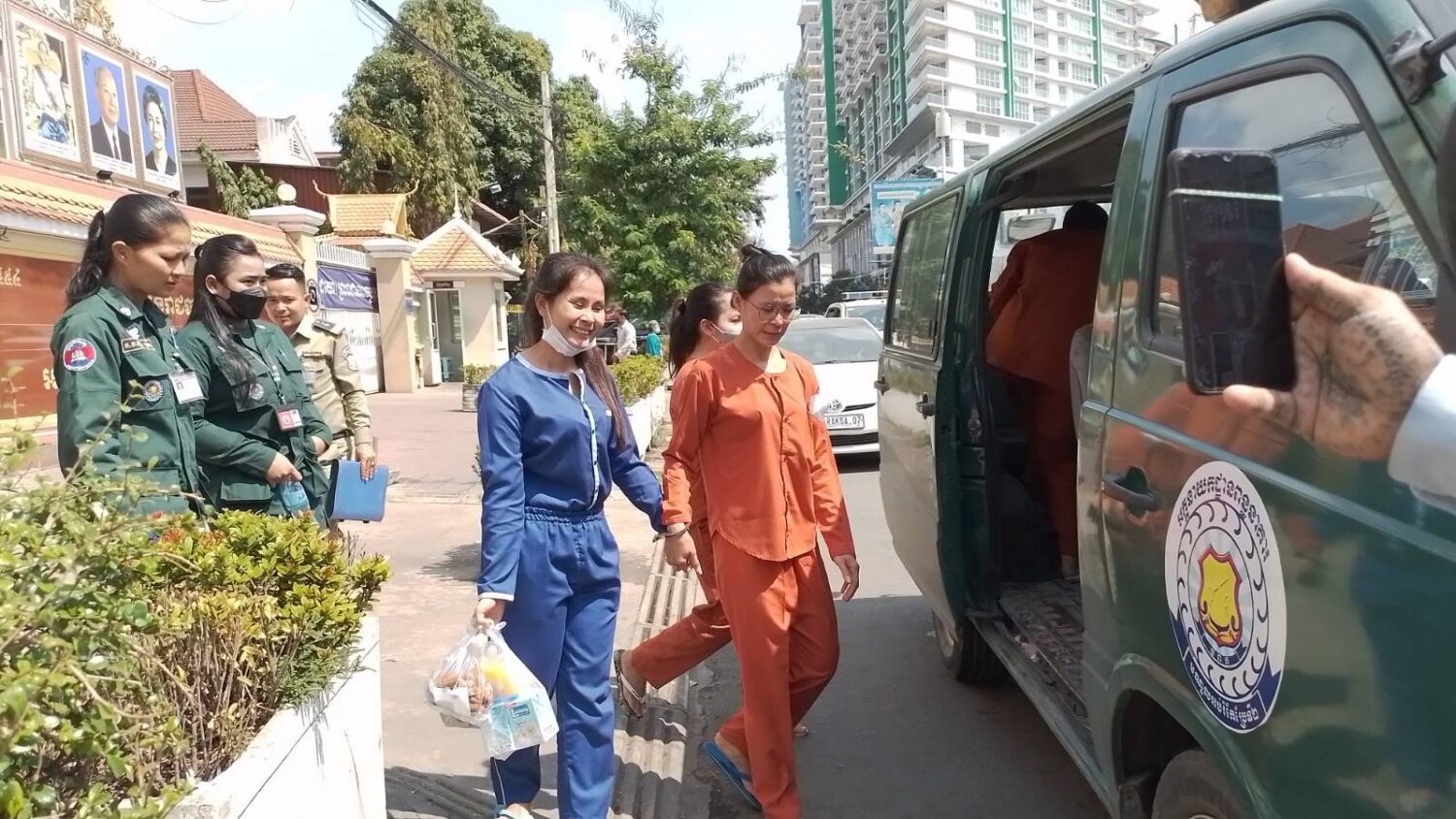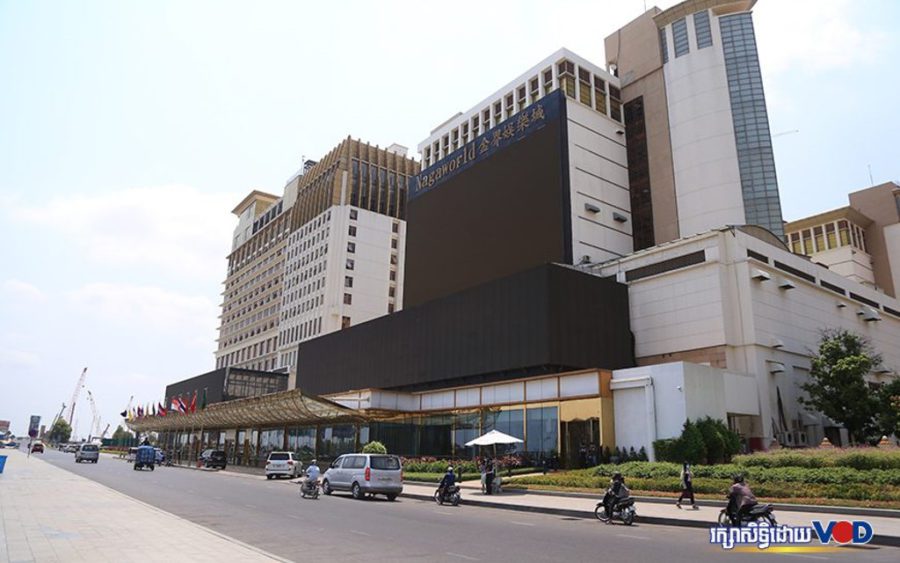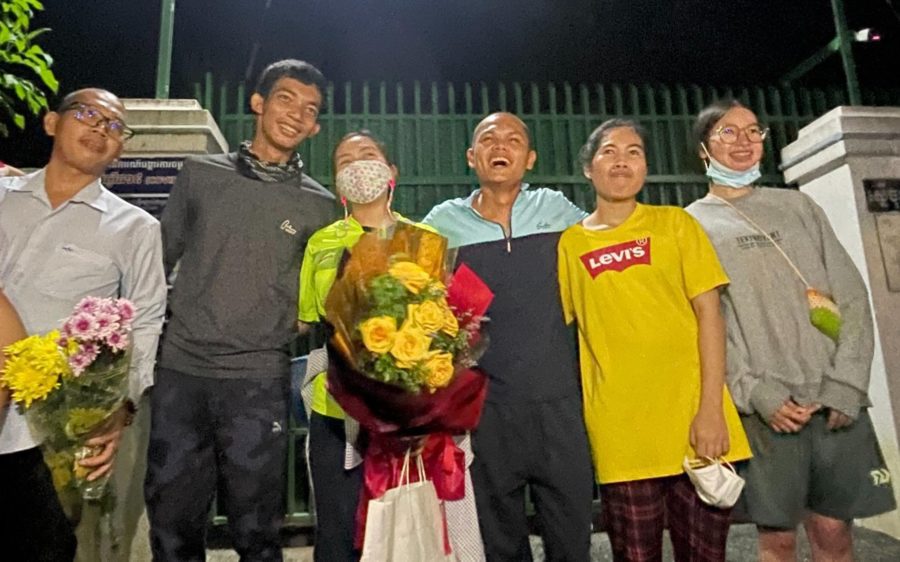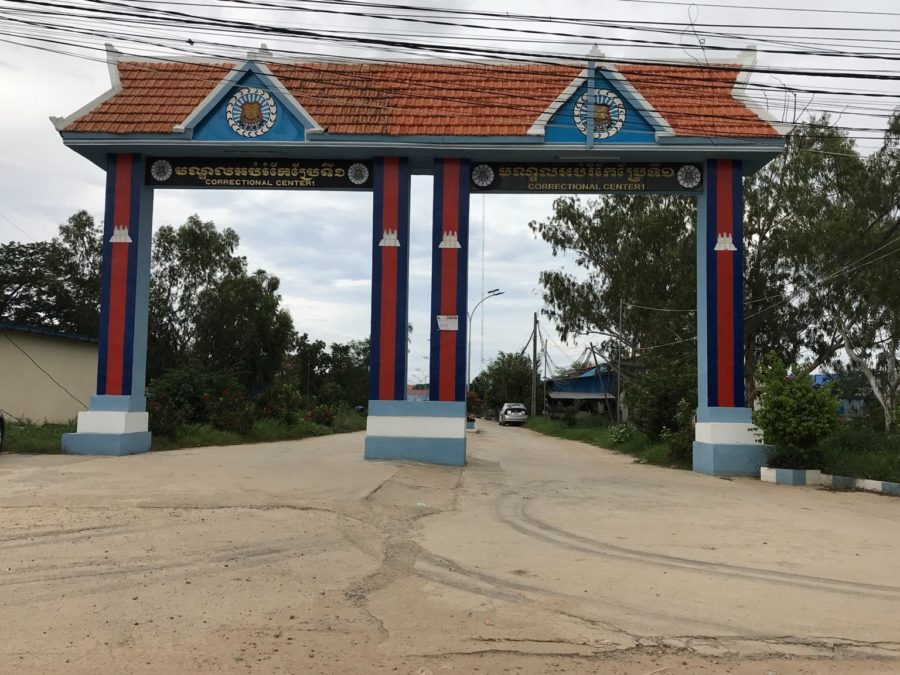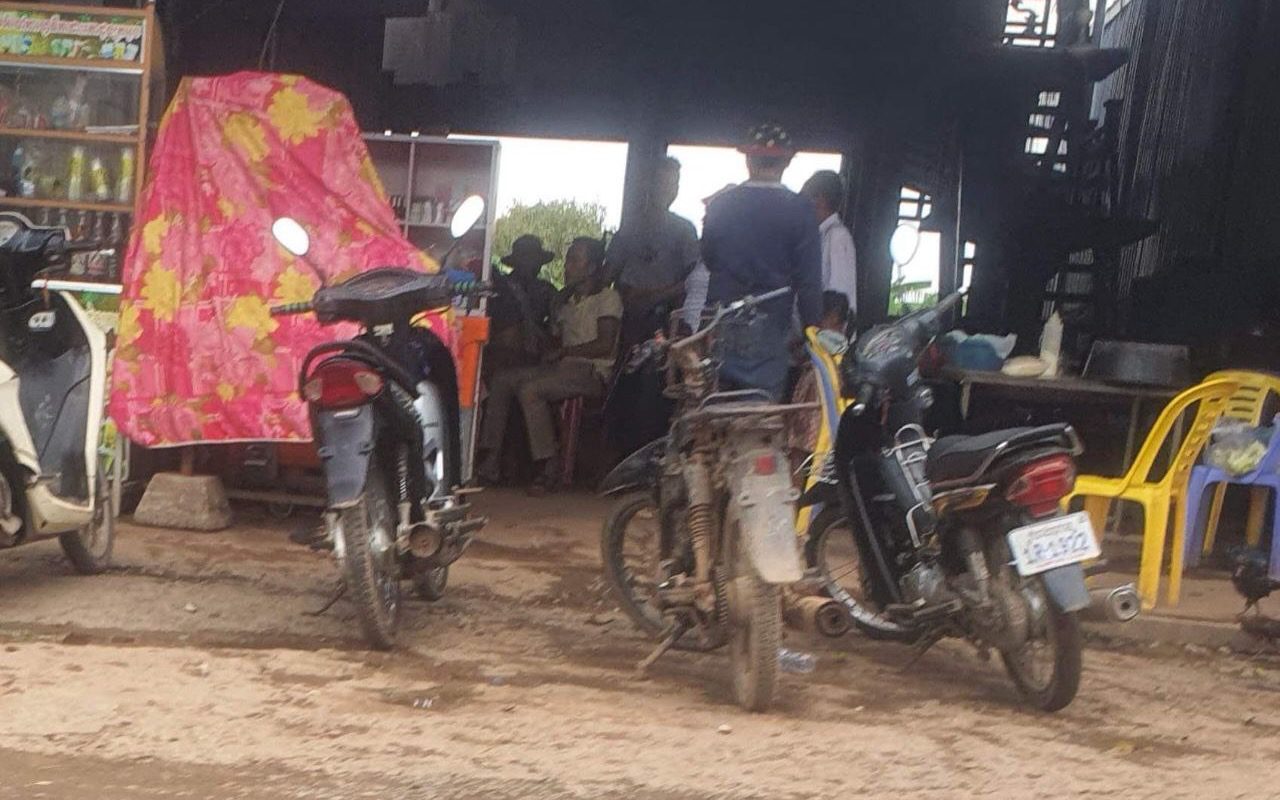Prime Minister Hun Sen said he got a Bayon TV employee released on bail for their alleged involvement in a fraudulent land sale to a local tycoon, and used the case to advocate for increased use of bail in civil cases.
The prime minister spoke about the case last week while talking about the Land Management Ministry’s achievements in 2022. Without providing specific details of the case, Hun Sen only said that he had sent his lawyers to get the BTV personnel — who was not named — out on bail.
The BTV staffer was allegedly arrested for a fraudulent land sale, Hun Sen said, but did not say where the land was or who was the buyer. He said the allegation was of a $36 million demand for the land and involved a local tycoon.
“But if the money is $36 million why should he work on radio or TV? A case like this should be taken into consideration. Just because you have power doesn’t mean to always arrest,” Hun Sen said.
The prime minister went on to advise courts on how to deal with civil cases, suggesting they don’t arrest people first in non-criminal cases.
“Can we use the civil code to summon them to see and discuss with them first? [You] keep arresting like this and people outside don’t think about the court doing this but that Hun Sen [is doing it,]” he said at the Land Management Ministry on December 27.
Rights groups, such as Licadho, have advocated for courts to increase their use of bail to reduce prison overcrowding, and because prolonged imprisonment before a trial leads to potential stigmatization as well as loss of income and family breakdown.
Justice Ministry spokesperson Chin Malin did not want to answer questions about the case or Hun Sen’s suggestion for the court, and only said the court was still handling the case.
VOD called phone numbers listed on Bayon TV’s Facebook page but no one answered the phones.
Hun Sen’s daughter, Hun Mana, is the director of Bayon Media Hight System, which runs Bayon TV and a radio station. She also owns the Kampuchea Thmey newspaper.
The World Justice Project ranks Cambodia 139 out of 140 countries in its rule of law index and scored low on its ability to keep the government accountable and in check and government interference in the judiciary. Only Venezuela scored worse than Cambodia on the index.


